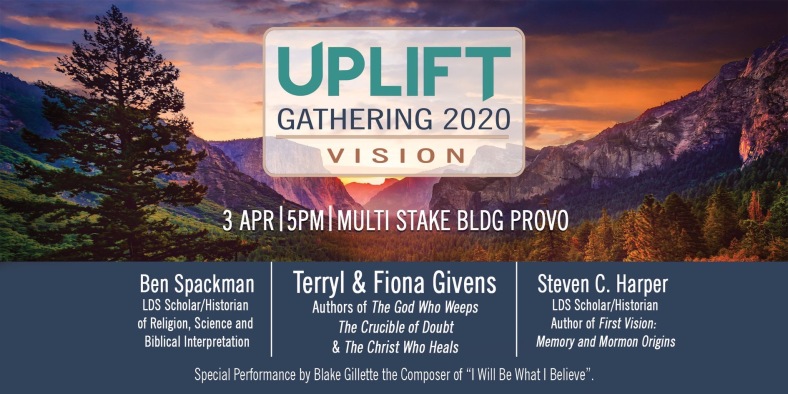I have a young friend currently serving a mission in Norway, who is confined to her apartment except for groceries and cabin-fever prevention walks. She asked me to send her some reading, which prompted this post.
Missionaries tend to be out and about. Being in an apartment with minimal internet or personal connection can lead to feelings of wasted time and lack of utility. But it’s also a real opportunity for missionaries to dedicate time they wouldn’t otherwise have to some intensive and important study, about our own scriptures (especially the Book of Mormon), scripture we share with other Christians (especially the New Testament), or Church history and doctrine. Continue reading








 Raymond E. Brown SS, was a Catholic priest and Bible scholar, known for his
Raymond E. Brown SS, was a Catholic priest and Bible scholar, known for his 

 Since we’re going to be talking about this topic a lot, I thought I’d throw up a post with some resources and thoughts.
Since we’re going to be talking about this topic a lot, I thought I’d throw up a post with some resources and thoughts.
Recent Comments